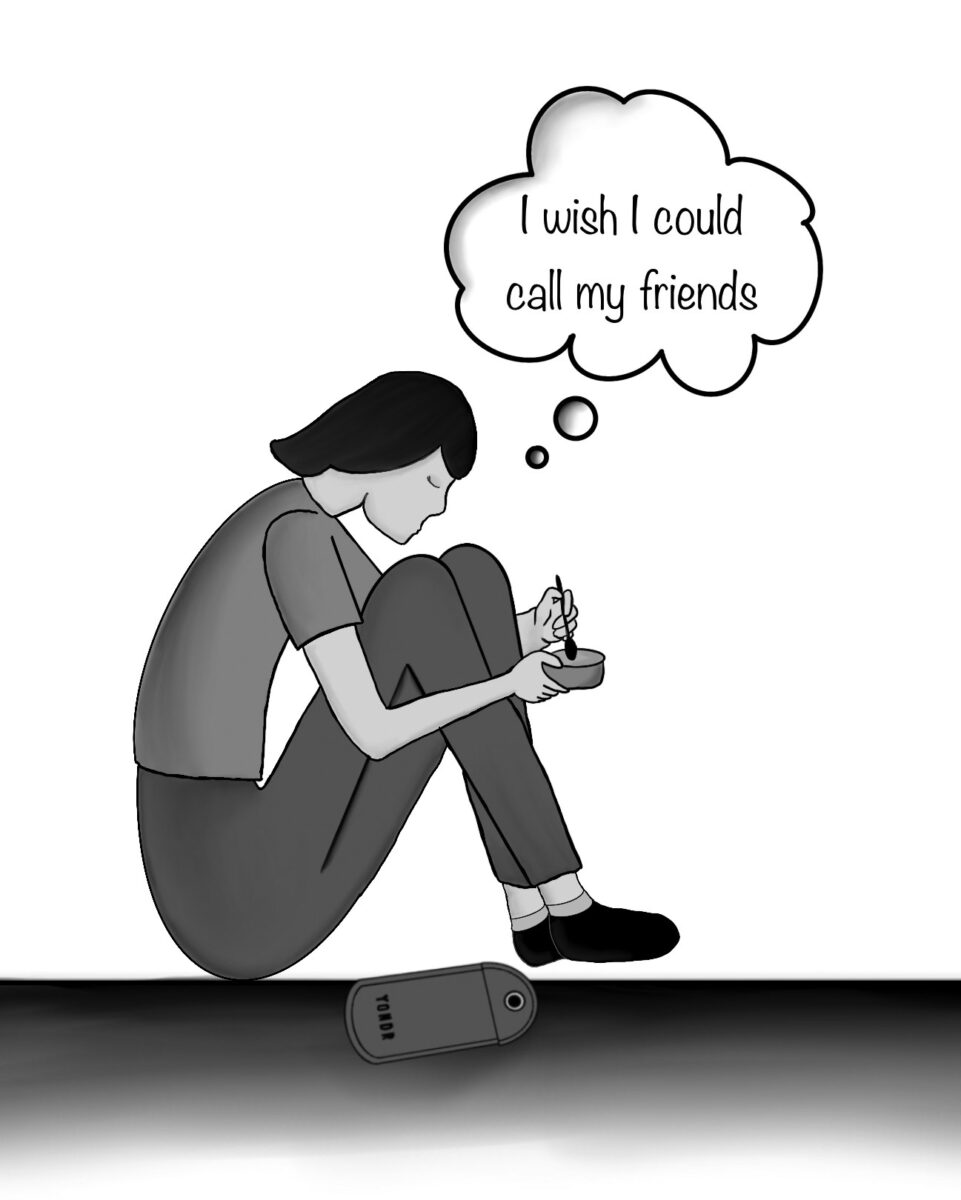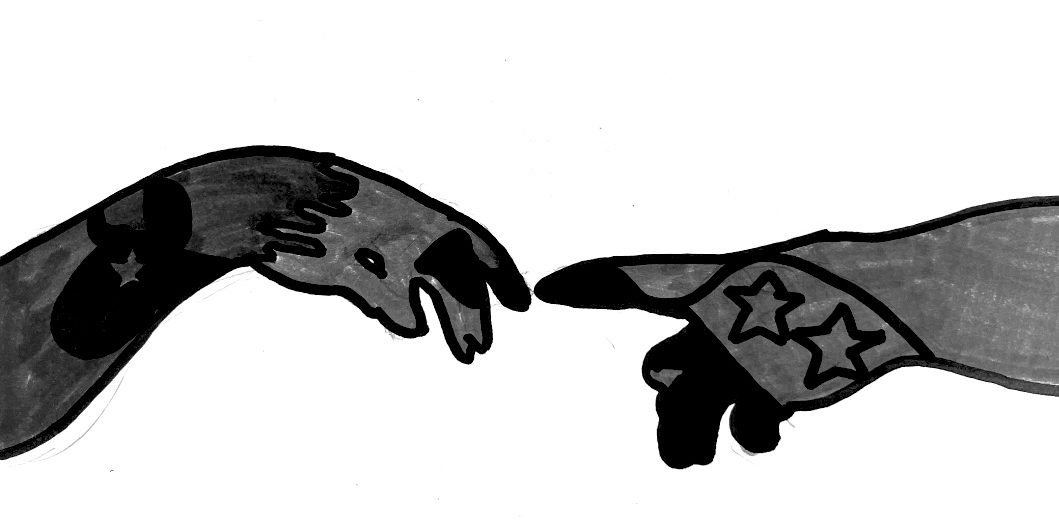There’s a big project due tomorrow. You’ve spent weeks researching and writing the essay, and you’ve outlined your presentation on flashcards. You’re feeling great.
But then you get an itch in the back of your throat, and you feel a headache coming on, and you wake up with a fever. It’s flu season, after all. You can’t go to school like this—but you also can’t miss your presentation.
What’s a good student to do?

Everyone falls ill sometimes—it’s inevitable. But at Redwood there exists a disturbing trend in upper-division classes where students, quite simply, cannot be sick.
It’s common for a teacher to tell the class that they won’t be able to make up a lab or a seminar if they miss school. Students ask what will happen if they’re sick. The teacher’s response is often curt: Don’t be.
Students shouldn’t need to choose between attending school or getting a zero on an important project. And teachers must be reasonable about their absence and homework policies, giving students a fair opportunity to make up work.
Of course, at times it is reasonable for teachers to place boundaries on when students can miss class. After all, some high schoolers are notorious for being conveniently absent whenever something important is due.
But it’s relatively easy for a teacher to check a student’s attendance patterns—if a student is only absent during third period math tests, then the teacher should not be as lenient. Most of us aren’t frequent class-cutters, and it’s unfair to penalize those of us who are genuinely sick just because of a few imposters.
Students should take the initiative to contact their teacher when they are sick. It’s a two-way street: students need to be responsible for finishing work in a timely manner, and teachers need to allow enough time to make up missed assignments.
Being sick can create a vicious cycle wherein we become more stressed because we missed school, and the anxiety just makes us become sicker. After all, stress is a root cause of many ailments.
The average daily stress level of a Redwood student is 5.9 on a scale of one to 10, with 10 being the highest stress, according to a recent Bark survey. We’re working hard, and our health sometimes takes a hit.
Chronic stress raises the risk of illnesses ranging from respiratory viruses, such as the common cold, to autoimmune diseases, according to a 2012 study from the National Academy of Sciences.
So it’s understandable that high school students will get sick once in a while. We’re under pressure to perform in academic and extracurricular arenas—sometimes, sleep and health can fall by the wayside.
If we are dissuaded from staying home while sick, we won’t participate as much and perform as well as we normally would. Moreover, we risk infecting our peers.
Last week, the Centers for Disease Control announced that this winter’s flu may be worse than past years’—and the vaccine might not be as effective. It’s just another reason to allow us to stay home instead of spreading a virus.
So students, stay home until you feel better. Teachers, let us miss school when we need to. We can’t do our best when we’re feeling sick.











